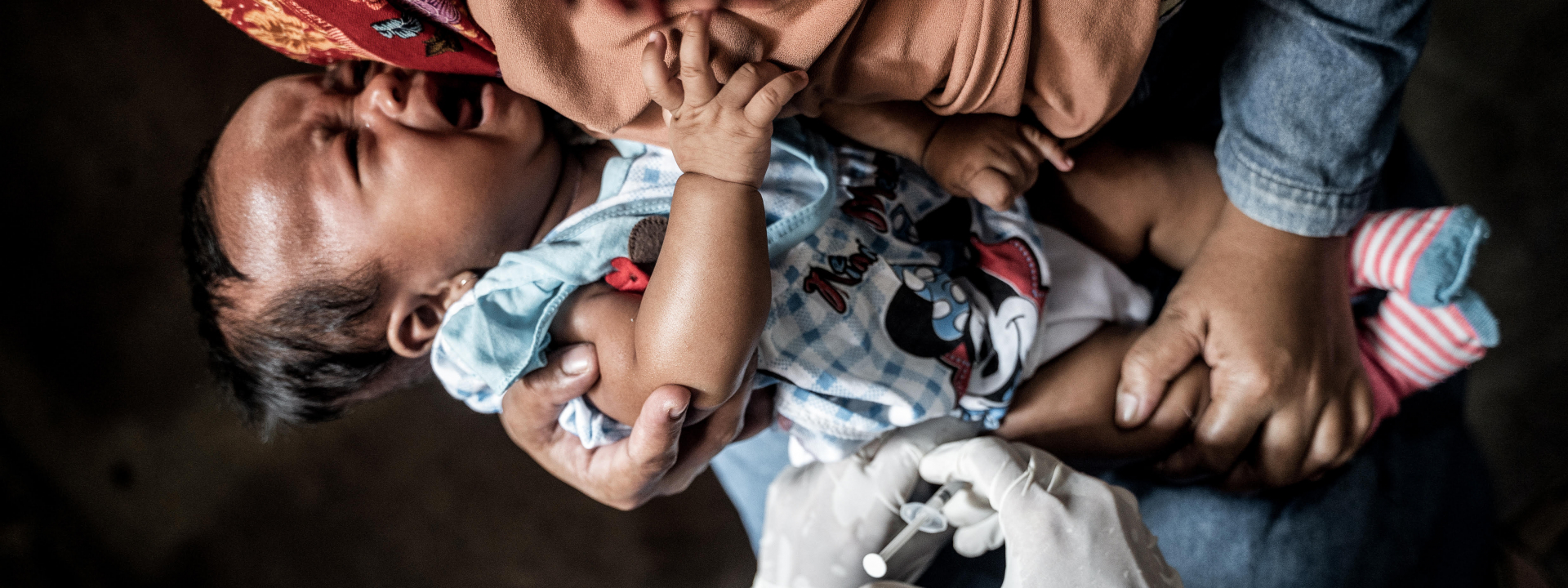Is Big Pharma Self-medicating The Wrong Treatment For Their Malady?
news
Agency News
Published by
Craig Mapleston
Date
11/02/2021
A measured dose of scepticism, or a massive overdose of cynicism?
A lot has been made of the real motives of big pharma and the quest for effective and safe Covid-19 vaccines. Those opinions range from a genuine humanitarian drive, to a gold rush for their next commercial blockbuster, to medical colonialism, and even to an industry-wide opportunity for reputation re-set.
A measured dose of scepticism, or a massive overdose of cynicism?
The recent opinion piece from science journalist and academic, Stephen Buranyi, that made its way across political inclinations and into pages from the New York Times to the Straits Times, coldly stated that big pharma still deserves no-one’s affection, in spite of their Covid-19 vaccine breakthroughs.
Tough crowd.
Buranyi implied something of a PR coup for Pfizer, Astra-Zeneca and Moderna - in taking the bulk of the credit for the recent vaccines, when each was a collaborative exercise with BioNTech, University of Oxford and National Institutes of Health respectively.
In fact, Eli Lilly CEO, Dave Ricks called Covid-19 a “once in a generation opportunity” to reset the reputation of the biopharmaceutical industry.
But, is it working?
In the US, the 2019 annual Gallup Work and Education Poll placed public perceptions of the Pharmaceutical Industry 25th and last, with 31% more people viewing the industry negatively than positively. The 2020 poll saw the Pharmaceutical Industry move above the Federal Government to 24th place, and with the difference between negative and positive perceptions halving to 15%.
While there is some improvement in reputation, the industry is still viewed overwhelmingly negatively. Even when there may have been a “PR coup” on misattribution of vaccine development.
So, what chance does big pharma have for positive re-appraisal? The truth may lie quite some distance away from the current Operation Warp Speed spotlight.
Comparatively quietly, in the distant shadows of Covid-19 media coverage lie some real and genuine good deeds being provided to communities. Particularly those in developing countries with poor access to quality healthcare.
Johnson & Johnson, for example, have just released their “Front Line in Focus Asia Pacific Edition 2020” where, amongst many initiatives, they highlight the training of 29,000 front-line healthcare practitioners, impacting over 4 million direct beneficiaries in APAC in 2019. Globally, Astra Zeneca trained over 81,000 healthcare professionals in the past year, reaching over 16 million in communities under-serviced by quality healthcare. And pharma companies have been doing this for decades.
Even before Covid-19, the world was facing a massive human resource crisis in healthcare. According to the WHO in 2019, the world needed 18 million more health workers to achieve universal health coverage by 2030. With the explosion of Covid-19, that astronomical number can only have multiplied.
Are the efforts of big pharma in providing access to quality healthcare more worthy of our affection?
Whether it's public health education, medical training for remote healthcare workers, funding to improve the quality of facilities, digitizing healthcare services, or family support schemes to enable frontline healthcare workers better manage work and family commitments, these are authentic and genuine stories that pharmaceutical companies should be proud to share.
Even for global brands, the importance now of being local has never been more significant. Global and national bodies are under massive scrutiny. The power of communities is driving recovery and the more brands can understand, adapt and assist there, the better.
Just as importantly, brands need to be seen not just as a vaccine to the problems, but an antidote. Amid the exhausting coverage and communications about the pandemic, successful brands will be inspiring beacons for better days to come. The efforts of many pharma companies in empowering better healthcare and outcomes, regardless of the medical condition can do that.
Over the past year of turmoil, we’ve seen a real distinction between brands looking through a crystal ball to predict the future and their role, and others looking at their compass, leveraging on unchanged brand truths to set their future course. Particularly in times of crisis, there is an undeniable brand-building opportunity in latching onto what they do, and what they have always done best.
Pharma brands who are banking on a vaccine to successfully turn around their commercial and reputational issues, rather than their consistent support to the health of communities may be missing a far more digestible treatment for their ills.


